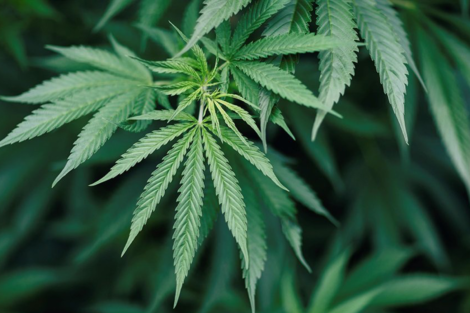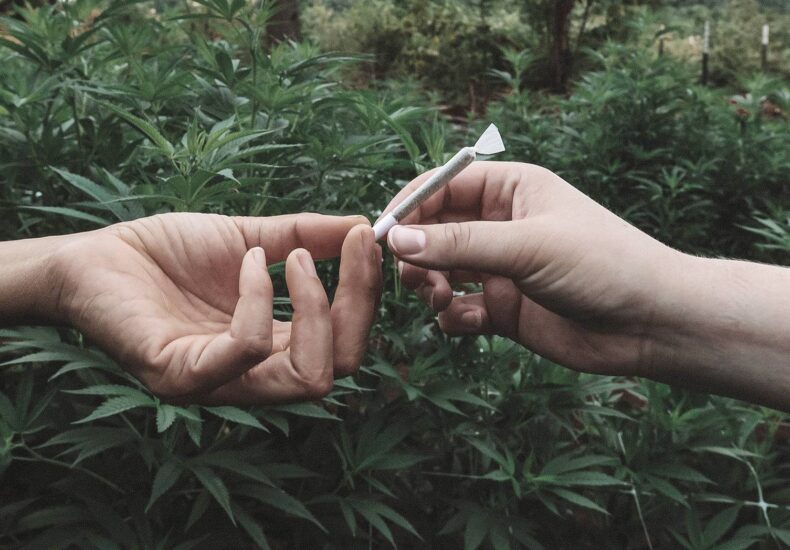
The delayed finalisation of the Cannabis Master Plan is hobbling the department of trade and industry’s ability to expedite the commercialisation of this vital sector for rural livelihoods, writes Siseko Maposa.https://3802bd07c12ab4bf220ef13cd6b24a04.safeframe.googlesyndication.com/safeframe/1-0-38/html/container.html
In July 2019, the cabinet decided that South Africa needed a national strategy to commercialise and develop an inclusive, sustainable, and globally competitive cannabis industry. In late August of 2021, the Department of Agriculture, Land Reform and Rural Development (DALRRD) stated that the Cannabis Master Plan was being considered at NEDLAC.
As the DALRRD has noted, the Master Plan “aims to provide a broad framework for the development and growth of the South African Cannabis industry to contribute to economic development, job creation, inclusive participation, rural development and poverty alleviation”.
https://3802bd07c12ab4bf220ef13cd6b24a04.safeframe.googlesyndication.com/safeframe/1-0-38/html/container.html
Government has identified South Africa’s cannabis industry as a potential economic growth and jobs generator. The DALRRD estimates that the cannabis industry in South Africa is worth about R28 billion and can potentially create between 10 000 and 25 000 jobs across the entire value chain.
The cultivation of cannabis in South Africa, predominantly in the Eastern Cape and KwaZulu-Natal, is centuries old. In many farming communities, the plant has been used as a means of social life, the sustenance of livelihoods and for other medicinal purposes. Because of this intricate social-economy interplay, regulating cannabis in South Africa remains an exceedingly complex undertaking.
Fine-tune
Efforts to regulate the cannabis sector must not jeopardise the economic interests of rural communities that are already involved in cultivating the crop. For this to happen, the government needs to fine-tune the coordination of all entities involved in developing relevant regulatory interventions to avoid conflicting priorities and mandates.
With government working with social partners in NEDLAC to finalise the Cannabis Master Plan, the call for hemp licensing applications by the DALRRD may be premature as it comes in the absence of an overarching framework for developing the sector.
On 29 October, DALRRD announced that hemp permits could be applied for in line with the declaration of hemp as an agricultural crop under the Plant Improvement Act. The announcement means that hemp with Tetrahydrocannabinol (THC) levels not exceeding 0.2% is now regulated for importation, exportation, cultivation, sale, and research. Hemp and dagga are part of the same plant genus, namely cannabis, however, the sale and purchase of dagga remain prohibited under the Drugs and Drugs Trafficking Act.
READ | Opinion: Green isn’t the new-gold – Why the cannabis rush isn’t first choice for small businesses
The Department of Trade, Industry and Competition (DTIC), which has been mandated to develop a commercialisation policy and domestic market for cannabis in South Africa, has thus far not produced a policy document, despite reporting to the Portfolio Committee on Justice and Correctional Services on 25 August 2021 that it planned to finalise a policy within the 2021/2022 term. Such a plan must, by necessity, be guided by the Master Plan, which has yet to be finalised.
The delayed finalisation of the Master Plan is hobbling the DTICs ability to expedite the commercialisation of this vital sector for rural livelihoods. In the absence of the Master Plan, South Africa will likely continue to fall behind other countries, such as Lesotho, who were early movers in terms of legalising commercial exploitation for a competitive advantage in the cultivation of the plant. This delay is indicative of government’s continuing challenge with policy coordination.
Useful guide
Ideally, all government departments with a role to play in commercialising the sector should be working together at every step of the way to harmonise their intervention. This would save time and ensure the best possible outcome from a policy-making and implementation perspective. On another level, the current issues associated with regulating South Africa’s cannabis sector is indicative of the weakened intergovernmental system, as led by the Forum of South African Directors-General, which works in a clustered manner to ensure policy synchronicity.
READ | Big opportunities in high quality, low cost cannabis but also challenges, says entrepreneur
Government’s recently adopted National Policy Development Framework (NPDF) and the Socio-Economic Impact Assessment System (SEIAS) provide a useful guide for tackling complex policy problems. Government ought to lean into these more when dealing with novel challenges such as developing new policy in contentious areas. Quite significantly, these frameworks provide the means for community involvement in policymaking, thus ensuring a fair and balanced policy outcome.
Siseko Maposa is a Public Policy and Stakeholder Relations Officer for Frontline Africa Advisory. He holds a Masters in International Relations from the University of Cape Town.












Camille Schowalter
Aspernatur sint odio rerum expedita id ex sed. Accusantium et aut commodi amet accusantium. Esse eveniet dolores voluptas et at id sed. Doloremque corrupti eos est tempore qui.
Iure iure repellendus quibusdam laboriosam qui omnis accusantium. Numquam quia earum nihil aut ipsa. Nihil nihil assumenda velit quia nulla quia.
Dicta id veniam aut earum pariatur voluptatibus aut. Molestiae aperiam qui aut dolor laudantium animi. Dolores quis vitae omnis quos sunt vero. Qui exercitationem et ipsam expedita est illum.